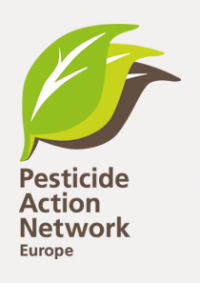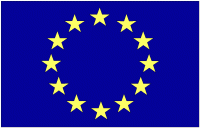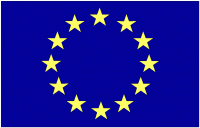Letters

Joint NGO OPEN LETTER to EU Ministers of Agriculture
OPEN LETTER
Subject: Environmental ambition of the CAP: Test for the Council and the CAP budget

Vote on the establishment of Harmonised Risk Indicators for pesticides
Regarding: Vote on the establishment of Harmonised Risk Indicators for pesticides
Dear Member State,

Letter to Members of the Parliament to support PEST report
Brussels 15/01/2019
Dear Member of the European Parliament,
This Wednesday 16th of January, you are invited to vote on the report of the Special Committee on the Union’s authorisation procedure for pesticides (PEST).
The report recapitulates the conclusions of a series of hearings that took place in the Parliament this year and confirms the findings of previous parliamentary reports paving the way to further improve the current authorisation system of pesticides in Europe and the implementation of the European Law, which is underpinned by the precautionary principle.
Its adoption by the Parliament is crucial. On behalf of the steering committee of the European coalition “Citizens for Science in Pesticide Regulation”, consisting of more than 130 civil society organisations and institutions, we ask you to vote in favour of the report as adopted by the PEST Committee to ensure a high level of protection for human, animal and environmental health against potential harm caused by the use of pesticides in the EU.
Stop the extension of the approval of toxic pesticides, starting with chlorpyrifos
Brussels 22-11-2018
Subject: Stop the extension of the approval of toxic pesticides, starting with chlorpyrifos
Dear Members of the ENVI Committee,
At your meeting of November 26th, you will exchange views with the Commission on ‘the Implementing Regulation regarding the extension of the approval periods of several active substances’, including chlorpyrifos the controversial organophosphate insecticides that affects brain development in infants and children[1]. Scientific evidence shows this substance lowers our children’s IQ and is linked to autism. According to the new decision, exposure to this toxic substance chlorpyrifos will now be prolonged until 2020. Read more>>

Action needed to ensure a higher level of protection from pesticides in Europe
CITIZENS FOR SCIENCE IN PESTICIDE REGULATION
A European Coalition
Brussels 23-11-2018
Dear Permanent Representation to the EU,
We, the members of the European coalition “Citizens for Science in Pesticide Regulation”[1] -consisting of more than 120 environmental, health, trade union, consumer protection, scientific and medical organisations and institutions, as well as concerned individuals- call on you to take action to urgently reform the current procedure of pesticide authorization and protect citizens and the environment against all potential harm caused by the use of pesticides in the production of our food and management of public (or private) areas.

EU Plant Protein Plan
18th October 2018
To: Mr Gerfried Gruber Head of Department for the Federal Ministry of Sustainability and Tourism, Agriculture Brussels,
Subject: Civil society views on the EU Plant Protein Plan ahead of Vienna launch

Letter to Commissioner Andriukaitis on Dow chemicals' misconduct on Chlorpyrifos
Concerning: Unreported neurodevelopmental adverse effects of chlorpyrifos and chlorpyrifos-methyl on rodents in toxicity studies

Open Letter: Glyphosate Use in Lisbon/ European Green Capital 2020
To : Mr. Fernando Medina- Mayor of Lisbon
OPEN LETTER: European Green Capital 2020 and Glyphosate Use in the City of Lisbon
CARTA ABERTA: Capital Verde Europeia 2020 e uso de Glifosato na cidade de Lisboa.
